Table of Contents
- How People Describe This Pain Pattern
- How You Activate and Intensify This Pain Pattern
- Self-Care – Getting Relief on Your Own
- Musculoskeletal Anatomy Behind Your Pain
- Therapy Notes for Massage and Bodywork
How People Describe This Pain Pattern
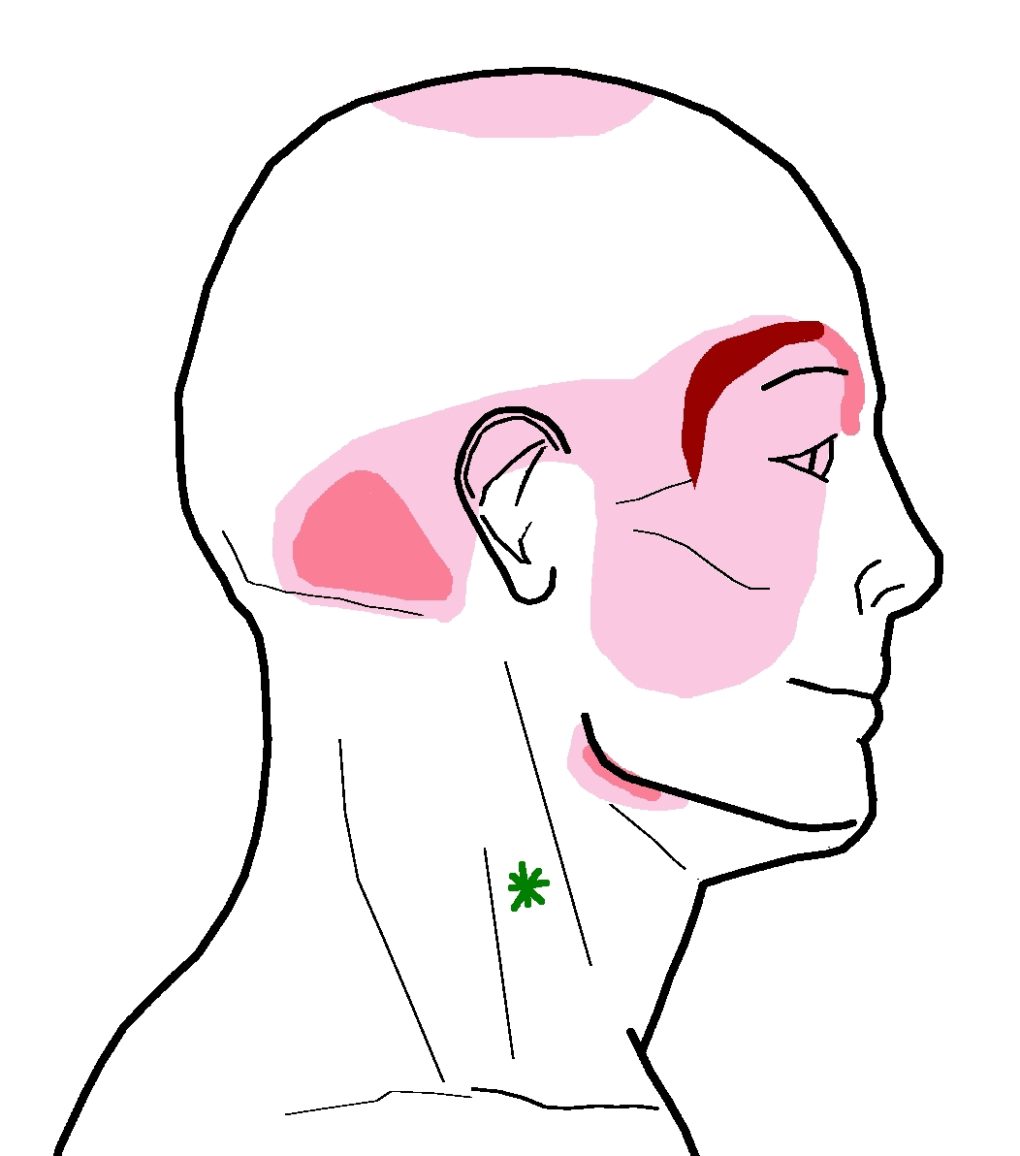
Primary Complaint
People trace around their eyebrow with their fingers and say, “I have a headache right here.” When I ask, they sometimes describe the pain behind the ear and might talk about the pain on top of their head.
Less Common Pains
Once in a great while, this muscle only creates the spot on top of the head. That headache is more likely from this muscle’s trigger point. The headache around the eyebrow is almost always the focus, even with other symptoms.
Those areas of pain behind the ear are less common but can be the primary complaint or in combination with the headache around the brow.
Other indicators of this trigger point
This trigger point does more than create pain. In addition, it may irritate your ears, vision, and sinuses. Those are clues for your neuromuscular therapist too. People often report blurred vision, tinnitus, or “sinus headache.”
Sometimes, Jaw Pain
See the little pain area under the jaw? In a statistically significant number of cases, this trigger point makes that sharp pain when you swallow. Bet you didn’t think of that as a muscle problem. Try the stretches in the Self-Care section and see if the acute pain in the throat goes away.
Moody and Anxious
This muscle is in a sheath with the vagus nerve and strongly influences mood and some internal organ responses. The tension in this muscle has a strong effect on the Polyvagal Nervous System. Because of this, ice and stretch of this muscle can be quite calming, especially with social anxiety.
How You Activate and Intensify This Pain Pattern
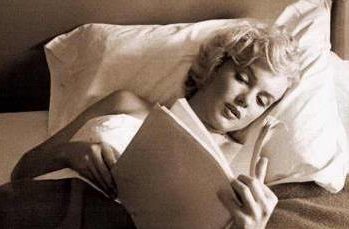
Reading in bed
When you lean back, pull your head forward, and look to one side, it can activate this headache around the eyebrow. Consequently, this is one of the most common neck problems I treat. For example, sitting up in bed and reading while holding a book to one side strains this muscle. Marilyn is in a position to create a show-stopping headache. It is even worse without the supporting pillow.
Twisted head while Sleeping
You might also activate this by sleeping with your head sharply turned to one side. Many people with this headache sleep face down with their heads turned and laid flatly on the mattress or a thin pillow.
Reading While Seated
I see this position more commonly with people that lean back in a chair with their head pulled forward and turn to look at the phone in their hand. Still, others report leaning back on the couch with their head pulled forward and turned to watch TV.
And… Car Accidents
Also, this muscle is one of the common muscles that gets strained in whiplash.
Address the Underlying Postural Problems
This muscle contributes to Forward-Head posture. Chronically, it becomes short and strong. Then, once the head has become imbalanced over the trunk, this muscle is supported to become shorter and stronger.
If you have Forward-Head Posture, review this collection, especially the self-care exercise Tuck, Tilt, Turn, and Lift.
The Musculoskeletal Anatomy Behind Your Pain
Musculoskeletal Anatomy
The sternocleidomastoid has a complex structure that impacts a number of joints and nerves. Accordingly, it is associated with a number of disorders like anxiety, sinus problems, tinnitus, and blurred vision.
Getting Relief on Your Own
Clinically Proven
Self-Care Strategies
Self-Care Posts have common sections to make them easy to follow and understand:
- Activities to Avoid or Change
- Strategies for Quick Relief
- Stretches and Exercise for Longer-Lasting Relief
- Yoga Corner
Therapy Notes for Massage and Bodywork
Better Bodywork
Through Shared Expertise
Therapy Notes provide details for cranial, spinal, and local joint work. These notes also link to a traditional neuromuscular protocol.
By treating integrative components first, direct work on the muscle becomes less intense while providing longer-lasting relief.
Support Integrative Works to
stay independent
and produce great content.
You can subscribe to our community on Patreon. You will get links to free content and access to exclusive content not seen on this site. In addition, we will be posting anatomy illustrations, treatment notes, and sections from our manuals not found on this site. Thank you so much for being so supportive.
Cranio Cradle Cup
This mug has classic, colorful illustrations of the craniosacral system and vault hold #3. It makes a great gift and conversation piece.
Tony Preston has a practice in Atlanta, Georgia, where he sees clients. He has written materials and instructed classes since the mid-90s. This includes anatomy, trigger points, cranial, and neuromuscular.
Question? Comment? Typo?
integrativeworks@gmail.com
Interested in a session with Tony?
Call 404-226-1363
Follow us on Instagram
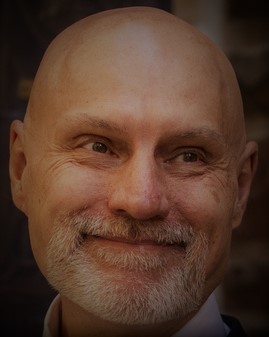
*This site is undergoing significant changes. We are reformatting and expanding the posts to make them easier to read. The result will also be more accessible and include more patterns with better self-care. Meanwhile, there may be formatting, content presentation, and readability inconsistencies. Until we get older posts updated, please excuse our mess.

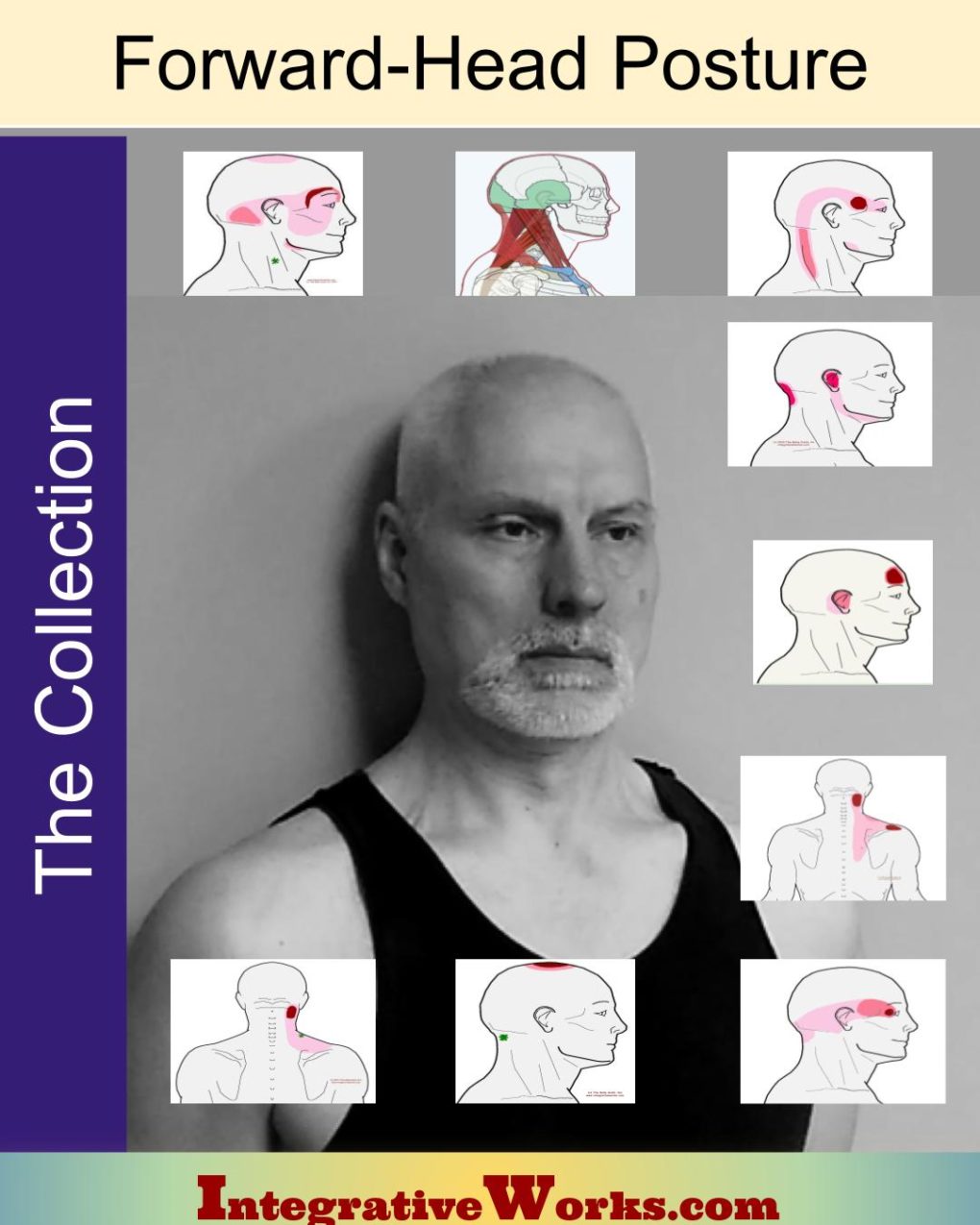
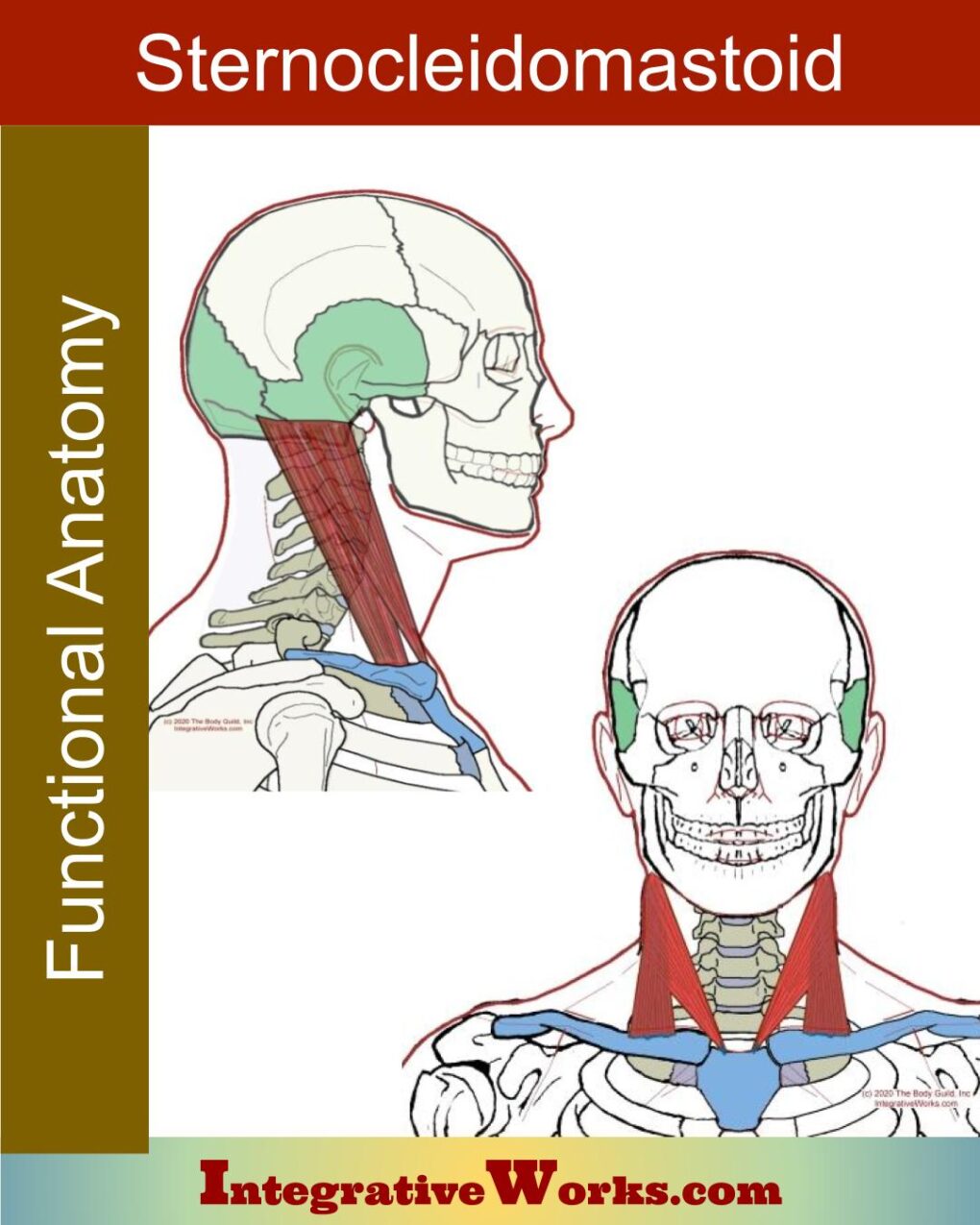
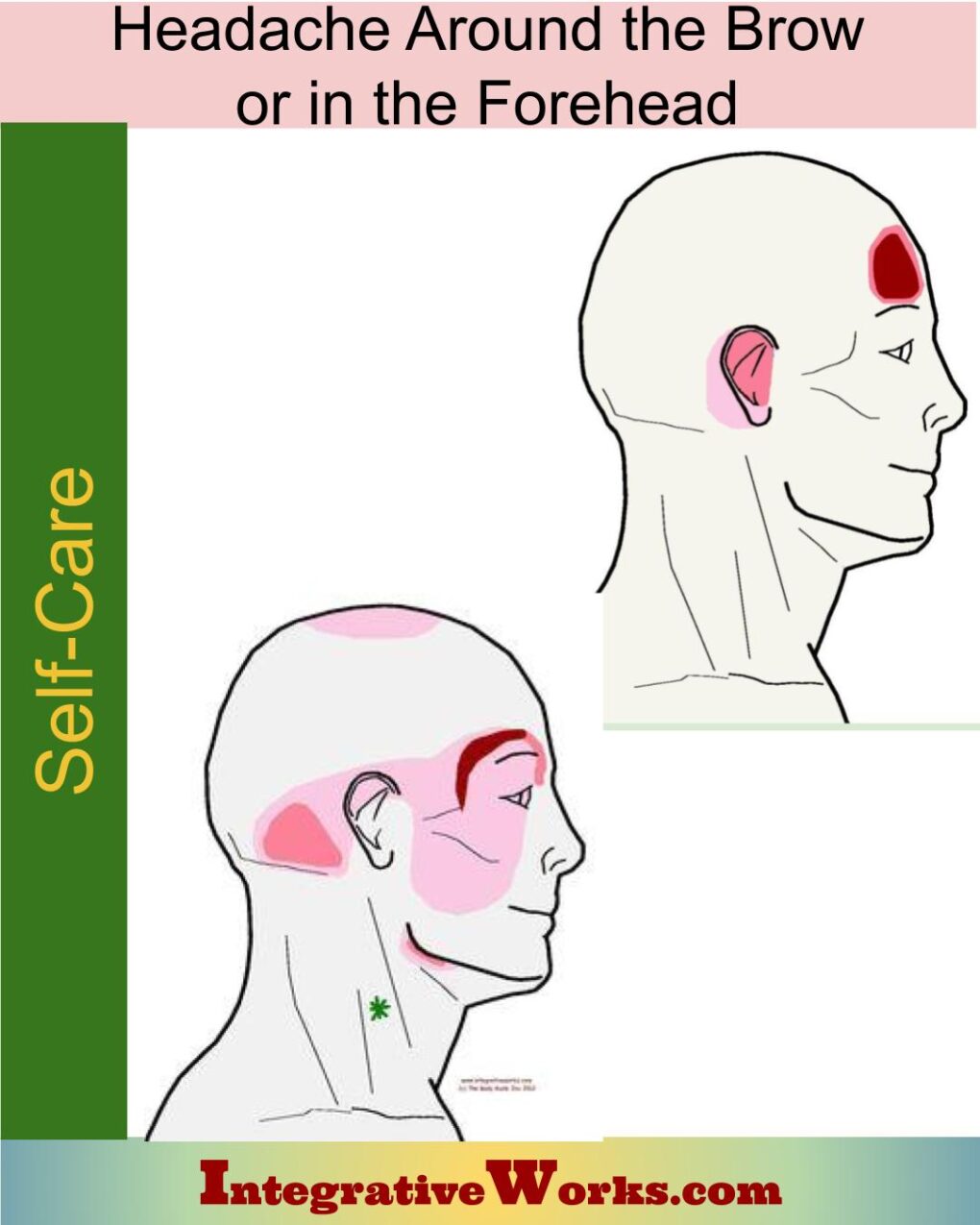
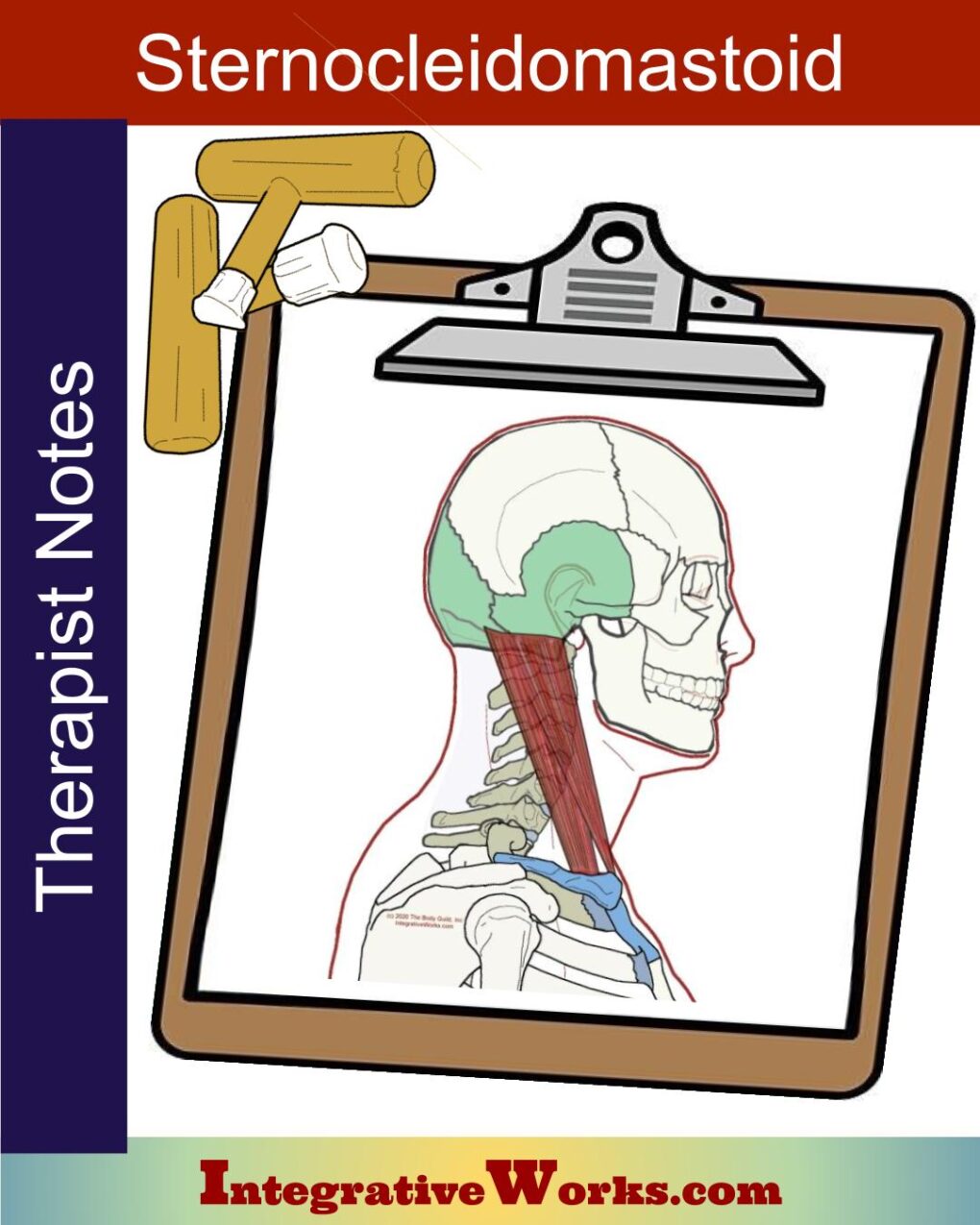
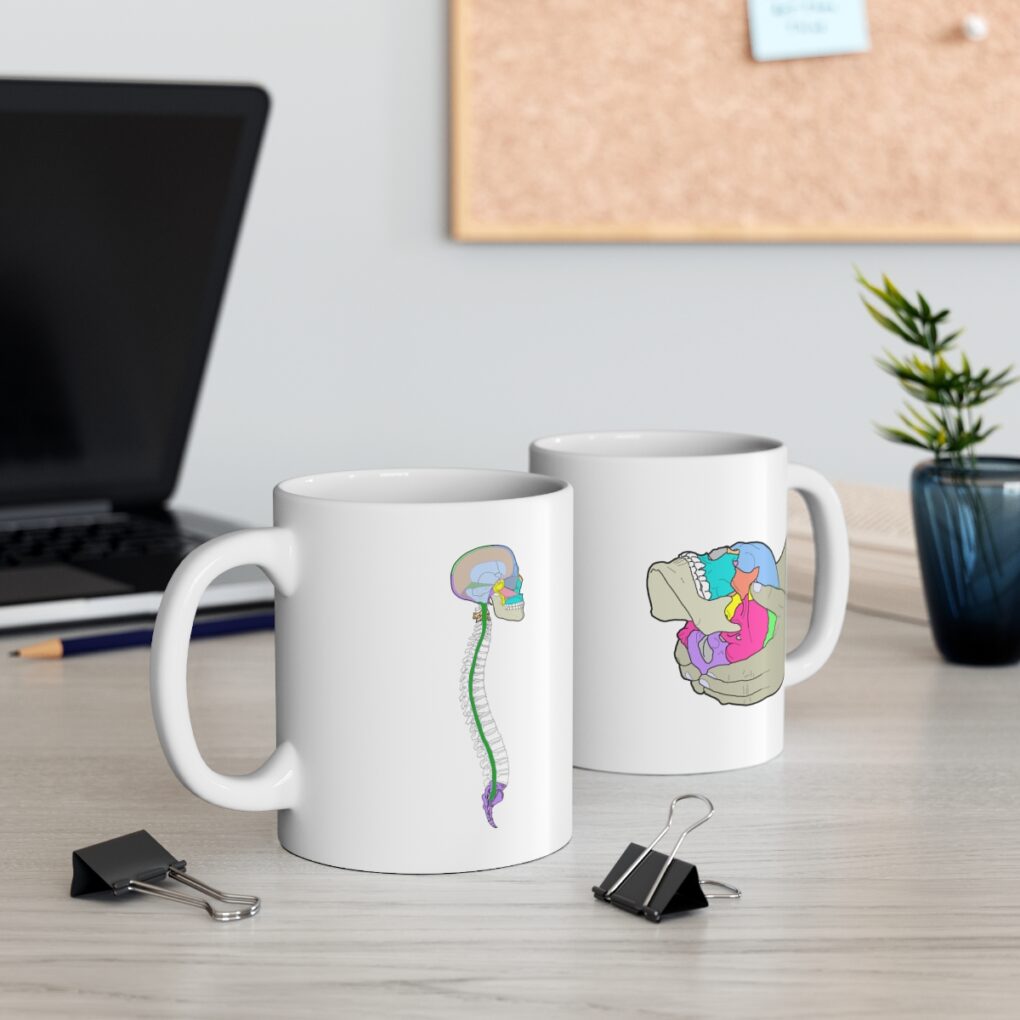
Comments are closed.